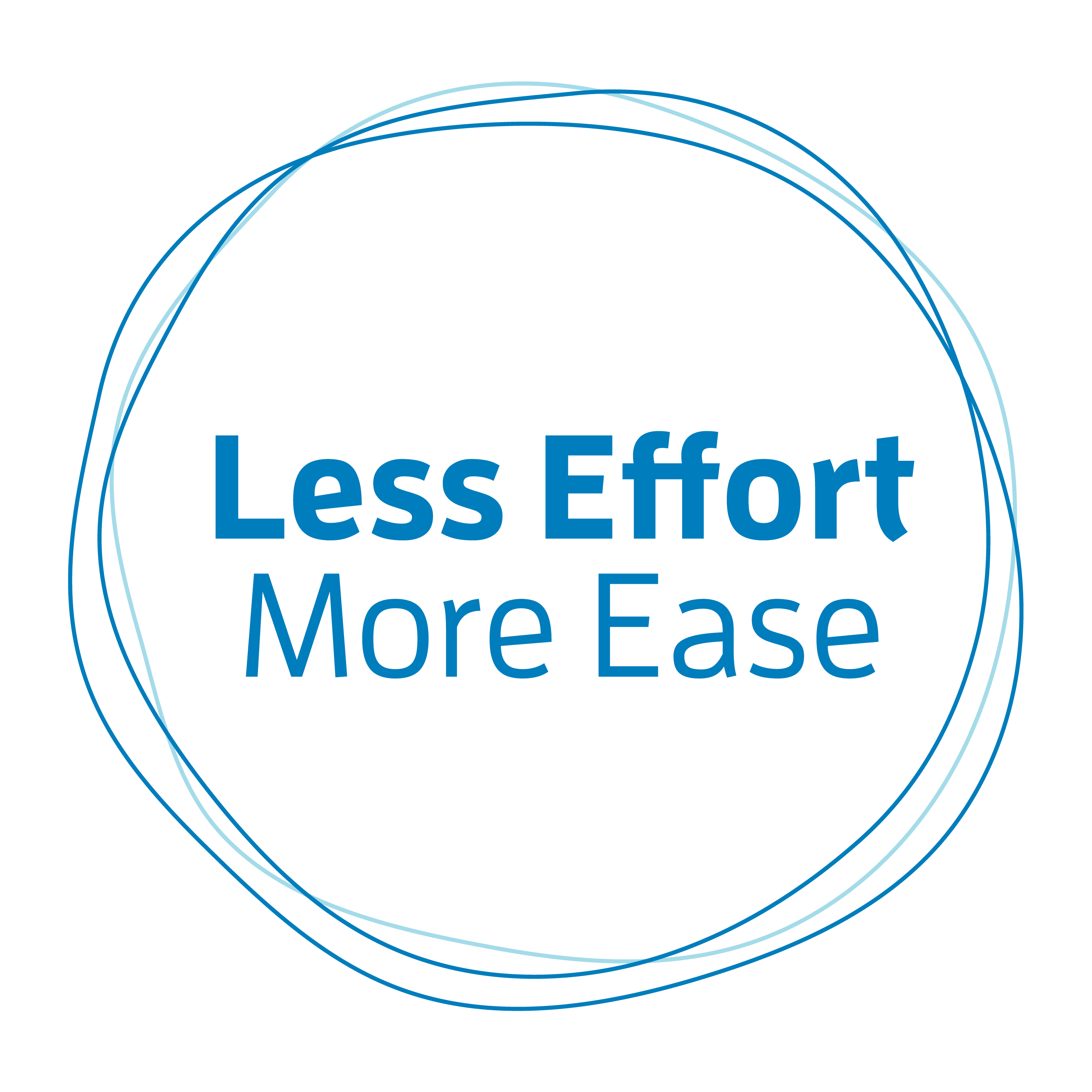I have a wonderful student who just turned 80. One of the things he struggles with is feeling rushed all the time.
In chatting further with him last week, he brought up the fact that as he is getting older things just take longer. For example, getting dressed in the morning. He remembers when he used to be able to whip on his shirt, pants, and socks in no time.
Now just due to the simple fact that his body is changing, it takes longer.
But the problem is that he is still trying to do it as fast as when he was 40.
And he admitted it right there—trying to do it the way he has always done it—and not adapting his behavior to accommodate the changes in himself—that is a huge reason he is feeling rushed.
Paying attention to when you feel rushed is important if you are interested in improving your Posture and Use.
When you create conditions where you feel rushed, you are creating stress.
You typically respond to stress with excessive muscular tension—often in the neck, shoulders, and upper back.
And a lot of poor posture is created by excessive muscular tension.
My student’s relationship with his aging body reminded me of my relationship with winter here in Minnesota.
I moved here over 20 years ago from a much warmer climate. It’s taken me a long time to learn how to navigate winter.
Just learning all the specific traits I need to look for in a good winter coat took me years and a lot of trial and error.
Getting comfortable with driving on packed snow—when my tires are not in contact with the road and so I feel a bit like I am driving a boat not a car—has also taken years. And I still have a long way to go.
But the biggest lesson I have learned is the fact that things—everyday things—just take longer in the winter.
- The fact that I wear more clothes means it takes longer to put them on and take them off.
- Boots themselves take longer to get on and off than flip-flops or sandals.
- Walking on slippery surfaces takes longer unless I want to spend most of the winter on my bottom.
- Driving takes longer on some days when the road conditions are not great.
One of the best things I have done for myself is to accept the fact that winter is different than summer (something I cannot control)—and adjust my behavior accordingly during the cold months of winter (something I can control). I do this by:
- slowing down
- allowing more time for everything
- scheduling my days accordingly
When I really started practicing my winter behavior I found a new level of ease—simply because I wasn’t tense with trying to fight to get things done at a speed that just wasn’t possible.
Remember that change is the only constant in life.
Don’t fight change—you can’t control it.
Instead, focus on how you respond to change—you can control that.
Your body and your posture will thank you for it.




